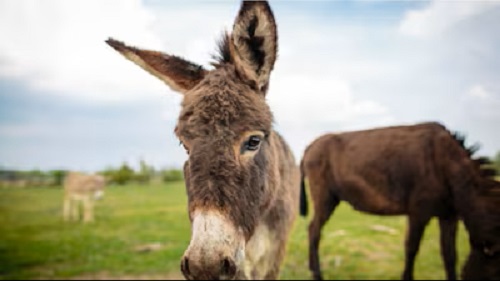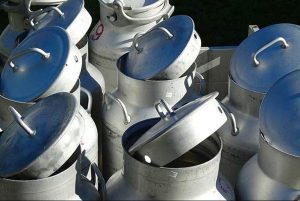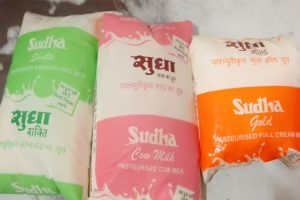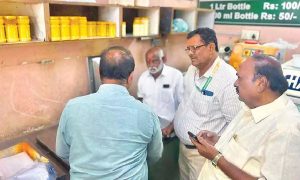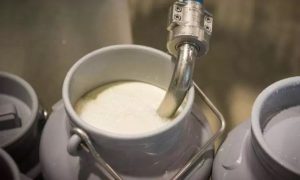
Despite zero scientific backing, traditional beliefs drive sky–high demand for donkey milk in Hyderabad, creating a niche alternative dairy market.
The demand for donkey milk is surging in Hyderabad, Telangana, where it is being sold at an extraordinary price point of around ₹100 for just 15 millilitres. This premium price, which translates to approximately ₹6,667 per liter, positions it as a specialty item far exceeding the cost of conventional cow milk or goat milk. This rising urban trend is largely driven by migration from rural areas where the consumption of this product has long been a part of folk medicine and tradition, creating a significant commercial opportunity for livestock farmers. The core consumer demographic for this high-priced specialty dairy product is parents seeking remedies for their children. Traditional wisdom dictates that donkey milk offers therapeutic benefits for pediatric respiratory and digestive ailments, including colds, coughs, and stomach problems. Farmers like Shanker from Mahabubnagar confirm that children are the primary target market, despite the lack of scientific validation for these claimed medicinal properties. This strong belief system sustains a profitable, door-to-door distribution network that bypasses conventional dairy supply chains.
The economic model supporting this niche agribusiness is highly adaptive to the urban environment. Traditional farmers, such as P Venkat from Bowenpally, have adapted their operations by maintaining small herds of around 10 donkeys and employing staff for mobile sales across working-class neighborhoods. Furthermore, a rental business model has emerged where entrepreneurs lease donkeys to farm laborers for approximately ₹400 per day. This system provides employment while expanding market reach without requiring substantial capital investment from every seller, demonstrating remarkable entrepreneurial flexibility.
The production of donkey dairy is limited, contributing to its premium valuation. A donkey typically produces only about one liter of milk a day. Farmers emphasize maintaining a specialized diet and, crucially, milking the animals in front of the customers to ensure product authenticity and quality perception. This focus on transparency and on-the-spot service is vital for consumer trust in an unregulated market. The growth has been so rapid that suburban donkey farms, focused solely on milk production rather than traditional load-bearing work, are now scaling up operations to house as many as 50 animals.
Ultimately, the burgeoning Hyderabad donkey milk market is a microcosm of the evolving relationship between tradition, consumer health beliefs, and entrepreneurial adaptation. While the business success underscores the potential for alternative dairy markets to thrive, especially in the context of urban migration, the absence of regulatory oversight and scientific validation for the claims raises important questions for food safety and consumer protection within this specialized livestock segment.
Source: Get the full story on this emerging dairy trend from News18.
You can now read the most important #news on #eDairyNews #Whatsapp channels!!!
🇮🇳 eDairy News ÍNDIA: https://whatsapp.com/channel/0029VaPidCcGpLHImBQk6x1F
